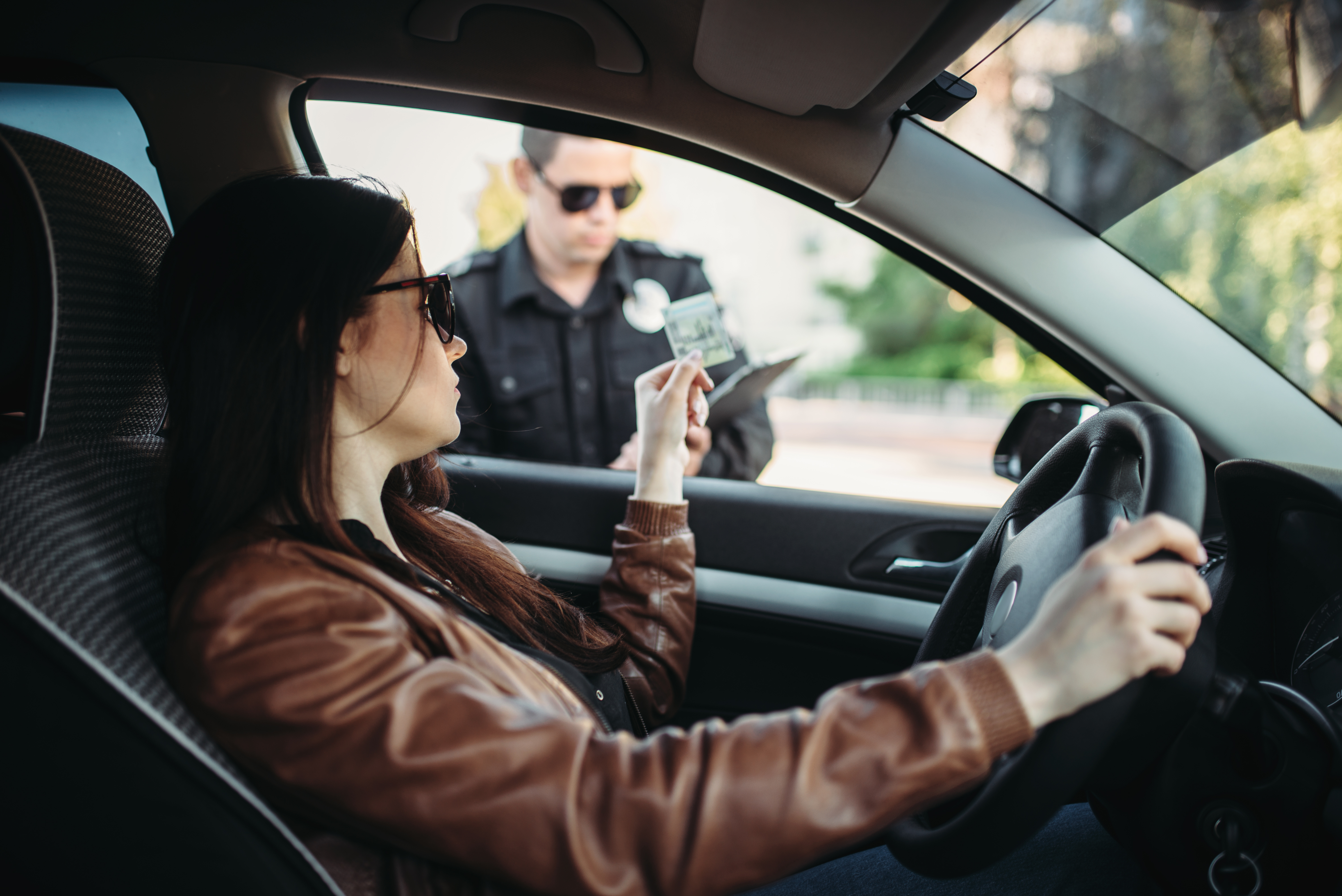Understanding Your Rights During a Police Encounter
The Rights Police Don’t Want You to Know
The law provides clear protections in police encounters, but many people don’t know when or how to use them. Whether you're stopped on the street, pulled over in your car, or questioned at your home, knowing your rights helps you stay in control and avoid unnecessary legal trouble.
This guide will explain the most important rights to remember, how to handle different types of police encounters, and when to seek help from a Palm Beach County DUI lawyer or criminal defense attorney if a situation leads to legal trouble.
What to Do During an Encounter with Police
While officers are responsible for handling interactions professionally, you cannot assume they will always follow proper procedures. Understanding what the law protects, when to comply, and when to assert your rights can help you navigate the encounter safely and confidently.
Your Fundamental Rights
- Right to Remain Silent: You are not obligated to answer questions beyond providing identification. If an officer starts asking where you’ve been or what you’re doing, you can simply say, “I choose to remain silent.” This prevents you from saying anything that could be misinterpreted or used against you later.
- Right to Refuse a Search: Officers cannot search you, your vehicle, or your home without a warrant, consent, or probable cause. If asked, you can state, “I do not consent to a search.”
- Right to Ask If You’re Free to Leave: If you are not being detained or arrested, you have the right to ask if you are free to go. If the officer says yes, walk away calmly. If they say no, remain silent and wait for further clarification.
Not every police interaction requires an aggressive assertion of your rights.
For example, if an officer stops you to ask about a recent incident in the area, immediately refusing to answer questions or responding aggressively may escalate the situation. Knowing when to stand firm and when to engage in a calm conversation can help protect your rights without creating conflict.
What to Do During a Traffic or DUI Stop
If an officer pulls you over for a suspected DUI, their reasoning must be based on specific observations related to impairment. While you can’t control why an officer stops you, you can control how you respond.
How to Handle Being Pulled Over
- Pull Over Safely: As soon as you see flashing lights, slow down and find a safe place to stop. Use your turn signal to show you are complying.
- Keep Your Hands Visible: Officers watch for sudden movements. Keep your hands on the steering wheel and avoid reaching for anything until asked.
- Stay in Your Car: Unless the officer tells you to step out, remain seated with your seatbelt on. Moving suddenly or exiting the vehicle without instruction could raise suspicion.
- Provide Required Documents: When asked, give the officer your driver’s license, registration, and proof of insurance.

When and How to Refuse a Sobriety Test
- Field Sobriety Tests: Florida law does not require you to perform field sobriety tests, and an officer cannot force you to participate. You can politely decline by saying, “I prefer not to take these tests.”
- Breathalyzer Tests: In Florida, refusing a breathalyzer results in an automatic one-year license suspension for a first offense and 18 months for repeat refusals under the state’s implied consent law. In most cases, the penalties for refusal are more severe than those for failing the test, so it’s important to consider the consequences before deciding.
Starting October 1, 2025, a first-time refusal to submit to a lawful breath or urine test after a DUI arrest becomes a crime: a second-degree misdemeanor (up to 60 days jail + $500 fine). Before this, a first refusal was only an administrative violation, resulting in a license suspension but no criminal record. For the second time refusing a breath test, it is an 18‑month suspension plus a separate first-degree misdemeanor (up to 1year jail + $1,000 fine).
What to Do if You Are Arrested
An arrest can happen quickly, leaving little time to think about your next move. What you say and do immediately following an arrest can shape the outcome of your case. Keep these steps in mind:
Remain Silent and Request an Attorney
You have the right to legal counsel, and the best way to protect yourself is to say as little as possible until you speak with a lawyer. Anything you say can be used against you in court. Simply stating, “I want to speak to my attorney,” invokes this right and prevents further questioning.
Do Not Resist Arrest
Even if you believe the arrest is unjust, physically resisting can result in additional charges, such as obstruction or assault on an officer. Stay still, follow instructions, and wait until you can speak with a lawyer.
Document the Arrest
If possible, take note of important details, including:
- Officer names and badge numbers
- The location and time of the arrest
- Any witnesses who may be able to provide statements
This information may be valuable if your lawyer needs to challenge the arrest in court.

When to Contact a Trusted Criminal or DUI Lawyer
Knowing your rights is the first step in protecting yourself during a police encounter. However, if you have been arrested or charged with a DUI or another criminal offense, having the right defense can impact the outcome of your case and your future.
Kevin Peterford has built a strong reputation for defending his clients as a criminal defense attorney and Palm Beach County DUI lawyer. If you need legal guidance, request a free consultation with Peterford Law to discuss your case and protect your future.
